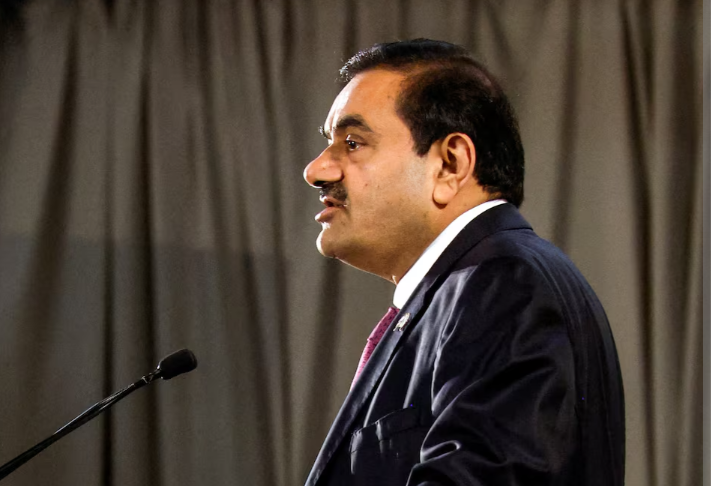NEW YORK (Reuters): The U.S. fraud case against Indian billionaire Gautam Adani appears to be backed by documents that will help prosecutors make a strong case, legal experts said, but the tycoon is unlikely to be extradited to stand trial anytime soon.
Federal prosecutors in Brooklyn last month unsealed an indictment accusing Adani of bribing Indian officials to convince them to buy electricity produced by Adani Green Energy, a subsidiary of his Adani Group conglomerate, and then misleading U.S. investors by providing reassuring information about the company’s anti-corruption practices.
Adani, his nephew Sagar Adani, and another Adani Group executive were charged with securities fraud and conspiracy. Five people affiliated with Azure Power Global (AZREF.PK), opens new tab, a formerly-U.S.-listed company also allegedly involved, were charged with conspiracy to violate the Foreign Corrupt Practices Act (FCPA).
Azure has said it had cooperated with the investigation and that those charged were no longer with the company. Adani Group has called the allegations “baseless” and vowed to seek “all possible legal recourse.”
Gautam Adani is not in custody. He has made at least two public appearances in India since the indictment, including at a Dec. 9 event also attended by Prime Minister Narendra Modi.
According to the indictment, prosecutors found ledgers of the alleged payments on Sagar Adani’s cellular phone, which they called “bribe notes.” Prosecutors also said Gautam Adani emailed himself a copy of a search warrant and grand jury subpoena the FBI had served on his nephew on March 17, 2023.


Comments are closed.